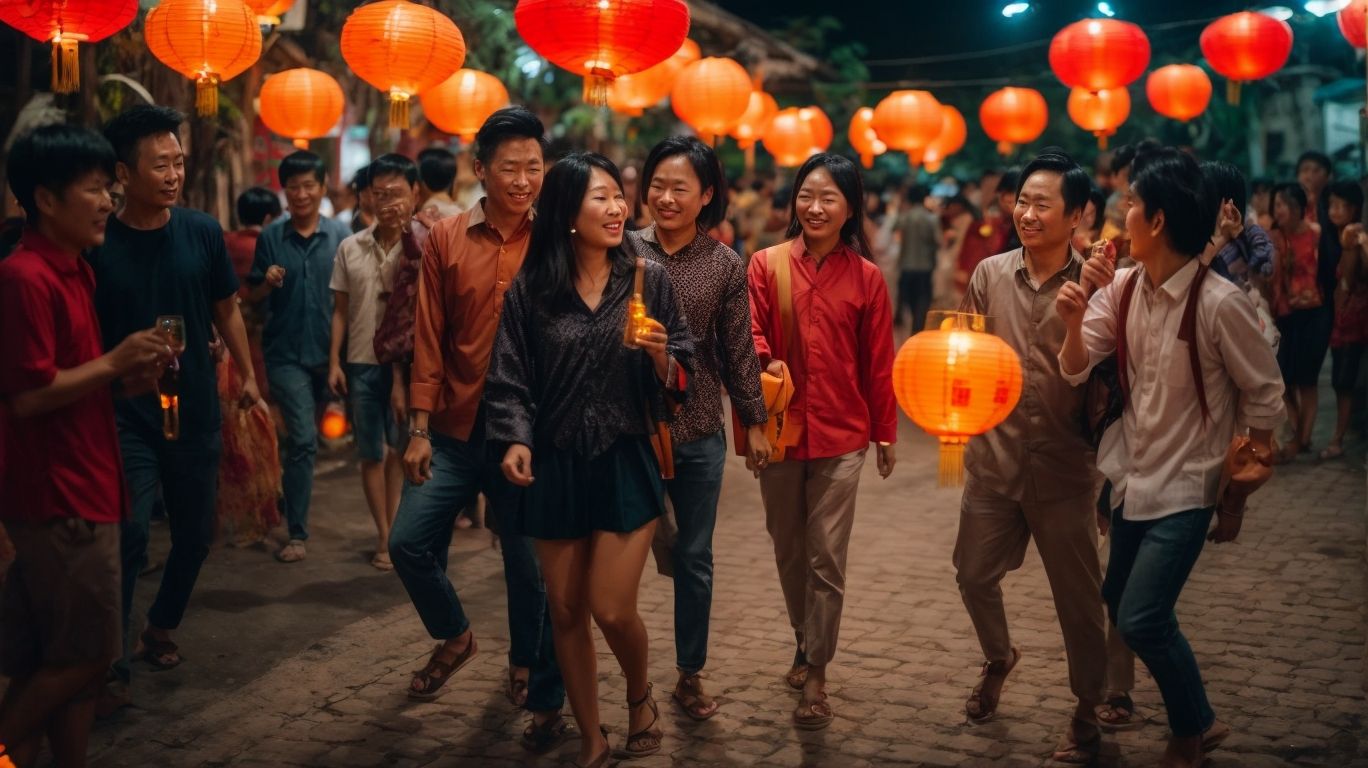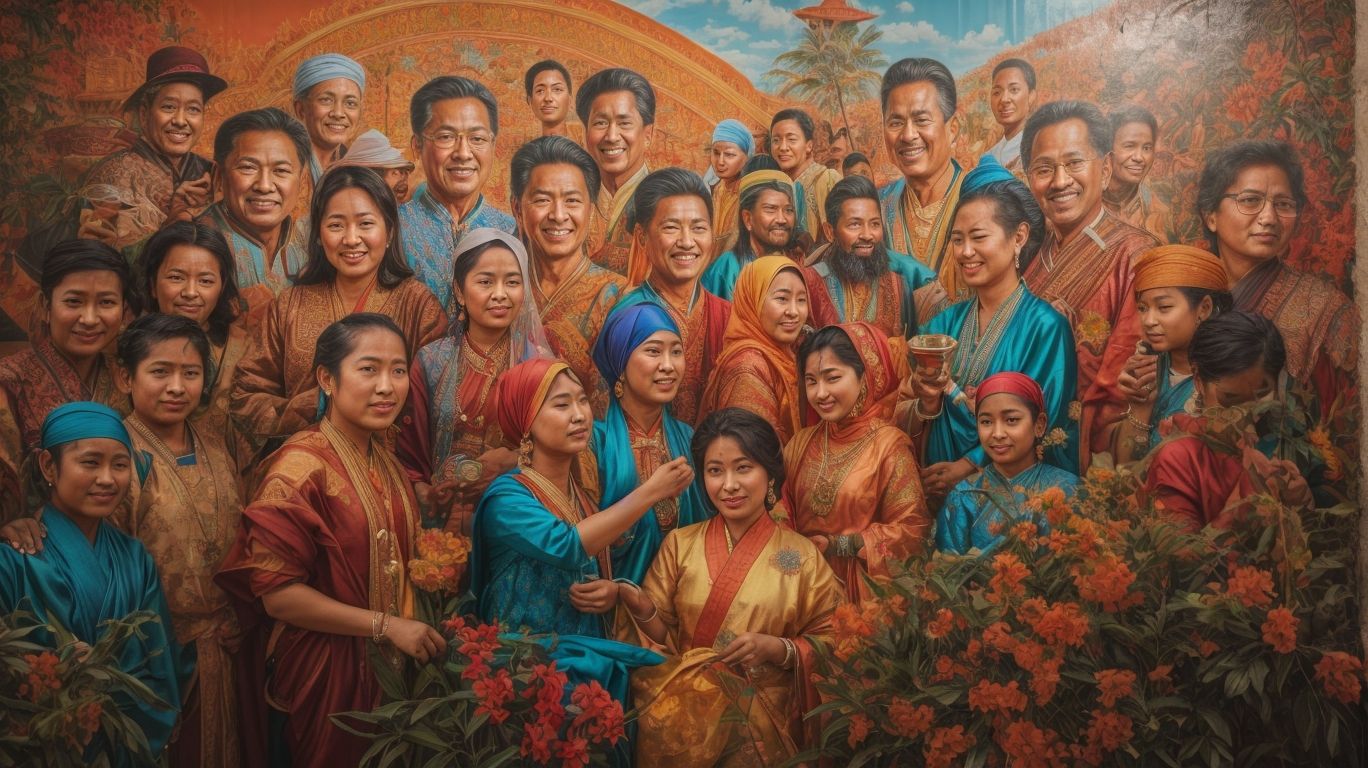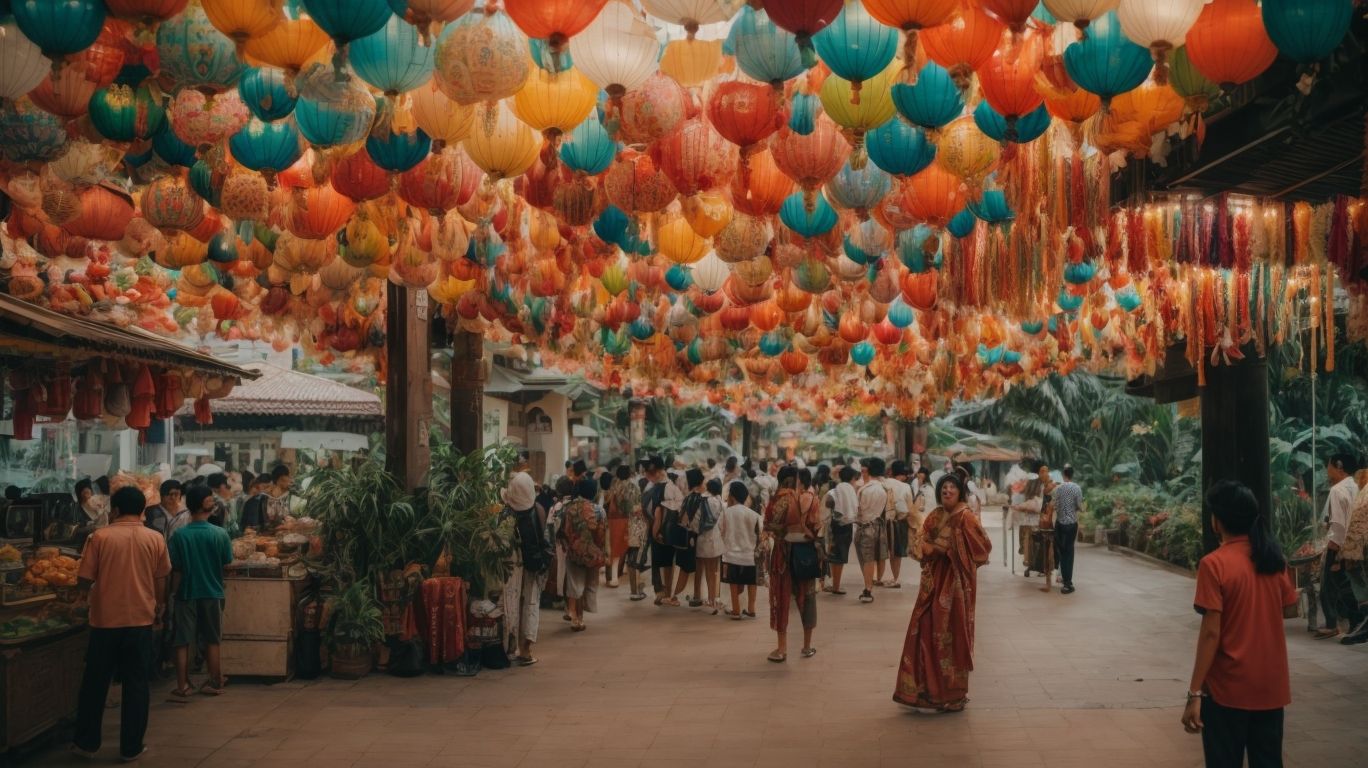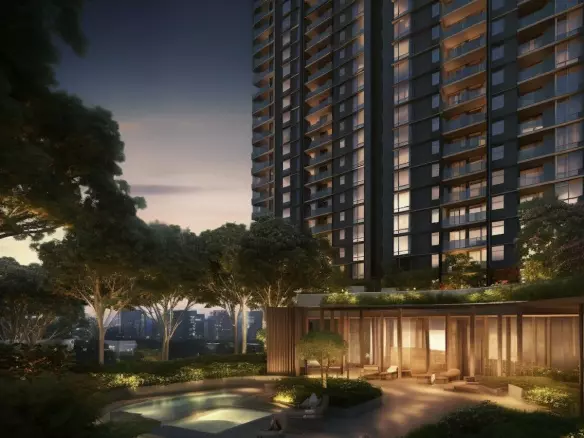
Are you curious about the fascinating culture of Vietnam and the experiences of expats living there? Look no further! In this article, we will take a deep dive into the vibrant and diverse culture of Vietnam, as seen through the eyes of expats. It’s time to discover this hidden gem and embrace a journey of cultural immersion.
Join us as we unravel the mysteries and complexities of Vietnam’s rich tradition and customs, and find out why more and more people are choosing to make this country their home. Let us guide you through the captivating and unfamiliar, as we delve into the Chronicles of Expats Embracing Vietnam’s Rich Culture. Welcome to a whole new world, waiting to be explored.
What Attracts Expats to Embrace Vietnam’s Culture?
Vietnam’s unique culture has been attracting expats from all over the world, who are looking to embrace its rich history, traditions, and way of life. In this section, we will delve into the factors that draw expats to embrace Vietnam’s culture. From the tantalizing cuisine to the warm and welcoming people, there are many reasons why expats are making Vietnam their new home. We will explore the vibrant and diverse aspects of Vietnamese culture that continue to captivate and inspire expats from all walks of life.
1. Rich History and Traditions
Vietnam’s fascinating cultural heritage and deep-rooted traditions attract expats with its rich history. To fully embrace this aspect of Vietnamese culture, expats can follow these steps:
- Explore Historical Sites: Visit iconic landmarks like the Imperial Citadel of Thang Long and the Temple of Literature to learn about Vietnam’s ancient history.
- Attend Traditional Events: Engage in festivals like Tet Nguyen Dan and Mid-Autumn Festival to experience the vibrant traditions and customs firsthand.
- Learn about Folklore: Discover Vietnamese folklore through stories, legends, and traditional art forms like water puppetry.
- Participate in Temples and Pagodas: Immerse yourself in the spiritual side of Vietnamese culture by visiting temples and pagodas and understanding their significance.
- Appreciate Traditional Arts: Attend traditional music performances, watch traditional dances like the lion dance or fan dance, and explore traditional art forms such as silk weaving or ceramics.
By following these steps, expats can deepen their understanding and appreciation of Vietnam’s rich history and traditions.
2. Vibrant and Diverse Cuisine
Vietnam’s vibrant and diverse cuisine is one of the main attractions for expats looking to immerse themselves in the country’s culture. The cuisine is renowned for its bold flavors, fresh ingredients, and unique combinations. From the famous pho to the delicious banh mi, Vietnamese cuisine offers a wide array of dishes to delight the taste buds. Expats can explore local markets, street food stalls, and restaurants to fully indulge in the rich culinary traditions of Vietnam. To fully embrace the cuisine, expats can also take cooking classes, learn traditional recipes, and even try their hand at preparing Vietnamese dishes at home. Embracing Vietnam’s vibrant and diverse cuisine is not only a delicious experience, but also a great way to connect with the local culture.
3. Warm and Welcoming People
Warm and welcoming people are one of the main attractions for expats looking to embrace Vietnam’s culture. To connect with the locals, expats can follow these steps:
- Learn basic Vietnamese greetings and phrases to initiate conversations.
- Participate in community events and festivals to interact with the friendly locals.
- Explore local markets, cafes, and restaurants to engage with people in a relaxed setting.
- Join interest groups or clubs related to your hobbies or interests to meet like-minded locals.
By actively engaging with the warm and welcoming people of Vietnam, expats can form meaningful connections and gain a deeper understanding of the culture.
4. Affordable Cost of Living
Living in Vietnam as an expat offers the advantage of a cost-effective lifestyle. In comparison to many Western countries, expenses for housing, transportation, food, and healthcare are relatively low. For example, a meal at a local restaurant can cost as little as $2, and rent for a one-bedroom apartment in the city center averages around $500 per month. These budget-friendly living costs allow expats to enjoy a comfortable lifestyle and have more disposable income for travel and exploring the country’s rich culture.
True story: Sarah, an expat from the US, was initially drawn to Vietnam for its affordable cost of living. She was pleasantly surprised to find that she could afford a spacious apartment in the heart of Ho Chi Minh City for a fraction of what she paid back home. This allowed her to not only live comfortably but also indulge in new experiences such as trying different local cuisines and traveling to stunning destinations across the country. The affordable cost of living in Vietnam has truly enhanced Sarah’s expat experience and allowed her to fully embrace the country’s vibrant culture.
What Challenges Do Expats Face in Embracing Vietnam’s Culture?
As expats move to Vietnam and immerse themselves in the country’s vibrant culture, they inevitably encounter various challenges. In this section, we will examine the common obstacles that expats face in embracing Vietnam’s rich culture. From language barriers to cultural differences, adjusting to the climate and weather, and navigating the chaotic traffic and transportation, we will discuss the unique difficulties that come with adapting to a new and unfamiliar culture.
1. Language Barrier
Overcoming the language barrier is crucial for expats embracing Vietnam’s culture. Here are steps to tackle this challenge:
- Enroll in language classes or hire a private tutor to learn Vietnamese.
- Immerse yourself in the local community and practice speaking with locals.
- Use language learning apps and online resources to supplement your learning.
- Watch Vietnamese movies, TV shows, and listen to music to improve your listening skills.
- Carry a pocket dictionary or translation app for quick reference.
True history: Vietnam has a rich linguistic heritage, with Vietnamese being the official language. Its origins can be traced back to the tenth century, influenced by Chinese characters and later French colonization. Despite its tonal complexities, mastering Vietnamese opens doors to deeper connections with locals and a better understanding of the vibrant culture.
2. Cultural Differences
Expats who embrace Vietnam’s culture may encounter various cultural differences that require adaptation and understanding.
- Etiquette: It is important to familiarize yourself with Vietnamese customs, such as removing shoes when entering someone’s home, addressing people by their titles, and using both hands when giving or receiving objects.
- Communication: Communication styles in Vietnam may differ from those in Western cultures. It is important to be patient, listen actively, and avoid interrupting or dominating conversations.
- Personal Space: Personal space boundaries in Vietnam may be closer than what you are used to. It is important to respect personal space and adjust accordingly.
- Food and Dining: Vietnamese cuisine is diverse and may include unique dishes or dining practices. It is important to embrace the local food culture and be open to trying new flavors and textures.
3. Adjusting to Climate and Weather
Adjusting to the climate and weather in Vietnam can be a challenge for expats. However, with a few steps, they can easily adapt and embrace the new environment:
- Research the climate: Understand the different regions in Vietnam and their weather patterns to know what to expect.
- Dress appropriately: Invest in lightweight, breathable clothing to stay comfortable in the humid subtropical climate of the north and the tropical monsoon climate of the south.
- Stay hydrated: Drink plenty of water to combat the high humidity and avoid dehydration.
- Protect yourself from the sun: Use sunscreen, wear a hat, and seek shade to shield yourself from the intense sun.
Vietnam experiences a variety of climates, including a humid subtropical climate in the north and a tropical monsoon climate in the south. The weather is characterized by hot and humid summers, heavy rainfall during the monsoon season, and cooler, drier winters. Expats can enjoy the vibrant culture and beautiful landscapes of Vietnam while adjusting to the unique climate and weather conditions.
4. Navigating the Traffic and Transportation
Navigating the traffic and transportation in Vietnam can be challenging for expats, but there are steps to overcome these difficulties:
- Understand the traffic rules and regulations.
- Observe how locals navigate the streets and learn from their practices.
- Utilize public transportation options such as buses or trains, which are both efficient and affordable.
- Consider renting a motorbike or bicycle to easily maneuver through the busy streets.
Remember, patience and alertness are key when navigating the bustling streets of Vietnam. By following these steps, expats can adapt and enjoy their transportation experiences in this vibrant country.
How Do Expats Overcome These Challenges?
As expats embrace Vietnam’s rich culture, they may face various challenges along the way. In this section, we will discuss how expats overcome these challenges and fully immerse themselves in Vietnamese culture. From learning the language to participating in cultural activities and festivals, building relationships with locals, and joining expat communities, we will explore the different strategies that expats use to adapt to their new home. By understanding these approaches, we can gain insight into the unique experiences of expats in Vietnam.
1. Learning the Language
Learning the Vietnamese language is crucial for expats who want to fully embrace the culture of Vietnam. If you’re an expat looking to learn the language, here are some steps to help you on your language learning journey:
- Take language classes or hire a tutor to learn the basics of Vietnamese.
- Practice speaking with locals as much as possible, even if it’s just simple conversations.
- Immerse yourself in the language by watching Vietnamese movies, listening to music, and reading books.
- Utilize language learning apps and online resources to supplement your studies.
Remember, learning a new language takes time and dedication. Be patient with yourself and enjoy the process of discovering a new language and culture.
2. Participating in Cultural Activities and Festivals
Participating in cultural activities and festivals is a fantastic way for expats to fully engage with Vietnam’s lively culture. Here are some steps to follow:
- Research: Educate yourself about the various cultural activities and festivals celebrated in Vietnam.
- Plan: Discover the dates and locations of the events you wish to participate in.
- Attend: Attend cultural activities such as traditional music performances, art exhibitions, and dance shows.
- Engage: Interact with locals and try traditional activities like cooking classes or creating traditional crafts.
- Festivals: Join major festivals like Tet (Lunar New Year) or Mid-Autumn Festival to experience traditional customs and celebrations.
- Learn: Take part in workshops or classes to learn traditional arts, martial arts, or culinary skills.
- Share: Embrace the opportunity to share your own culture by participating in cultural exchange events.
3. Building Relationships with Locals
Building relationships with locals in Vietnam is crucial for expats looking to fully embrace the country’s culture. Here are some steps to foster strong connections with the local community:
- Learn the language: Make an effort to learn basic Vietnamese phrases to effectively communicate and connect with locals on a deeper level.
- Respect local customs: Demonstrate respect for Vietnamese traditions, customs, and etiquette to build trust and understanding.
- Participate in community events: Engage in local festivals, cultural activities, and events to meet and interact with locals and immerse yourself in the community.
- Support local businesses: Show your support for the local economy by visiting local markets, shops, and restaurants and engaging with local entrepreneurs.
By following these steps, expats can establish meaningful relationships with locals and gain a deeper understanding of Vietnam’s culture.
4. Joining Expat Communities
Joining expat communities in Vietnam is a great way for foreigners to immerse themselves in the local culture and find a sense of community. Here are some steps to consider:
- Research: Begin by looking for expat communities or groups in your area.
- Online platforms: Utilize social media groups or forums dedicated to expats living in Vietnam.
- Attend events: Take part in community gatherings, cultural activities, or language exchange events.
- Networking: Foster relationships with fellow expats and locals to share experiences and receive guidance.
Connecting with other expats provides a sense of belonging, opportunities to learn from one another, and a support system for navigating the challenges of living in a new country.






